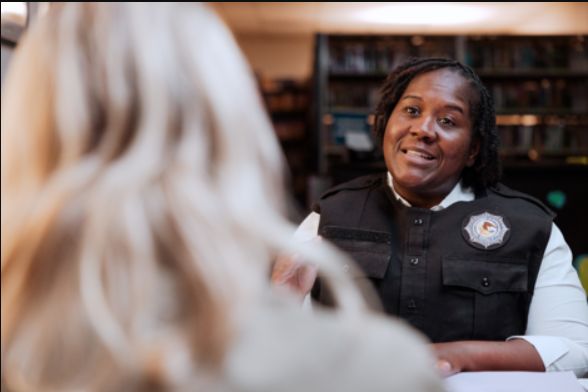Victim Offender Dialogue (VOD), also known as Restorative Justice Dialogue or Victim Offender Mediation, is a process that brings together victims of a crime and the individuals who have harmed them. It provides an opportunity for both parties to engage in open and facilitated communication with the goal of addressing the harm caused, understanding the impact of the offense, and finding ways to promote healing and resolution.
During a Victim Offender Dialogue, participants may share their experiences, express emotions, ask questions, and discuss the consequences of the crime. The process is typically guided by a trained facilitator who ensures a safe and respectful environment for all involved. The dialogue can take various formats, such as face-to-face meetings, indirect communication through letters or messages, or even virtual platforms.
The purpose of Victim Offender Dialogue is not to replace or undermine the criminal justice system but to complement it by providing an alternative approach that focuses on repairing the harm caused to victims and promoting accountability for offenders. It allows victims to have a voice, be heard, and seek answers to their questions, while offenders can gain insight into the impact of their actions and take responsibility for their behavior.
Restorative justice practices like Victim Offender Dialogue have shown potential benefits, including increased victim satisfaction, reduced recidivism rates, and improved emotional well-being for both victims and offenders. However, it's important to note that participation in such dialogues is voluntary and depends on the willingness and readiness of all parties involved.
If you have any specific questions or need further information about Victim Offender Dialogue, feel free to ask.
Resources by topic area for Victim Offender Dialogue. For additional information, trainings and materials for Post Conviction Victim Service Providers go to: Post-Conviction Victim Service Providers.


